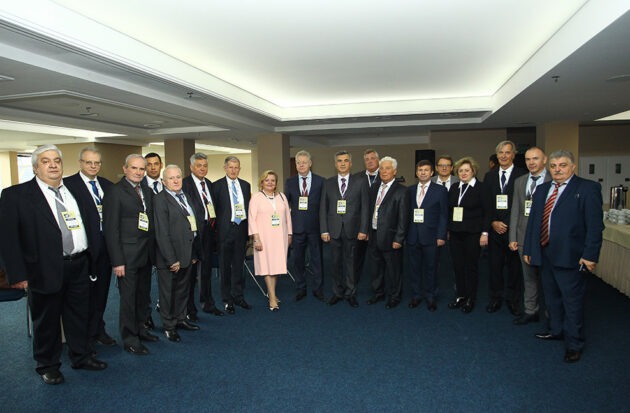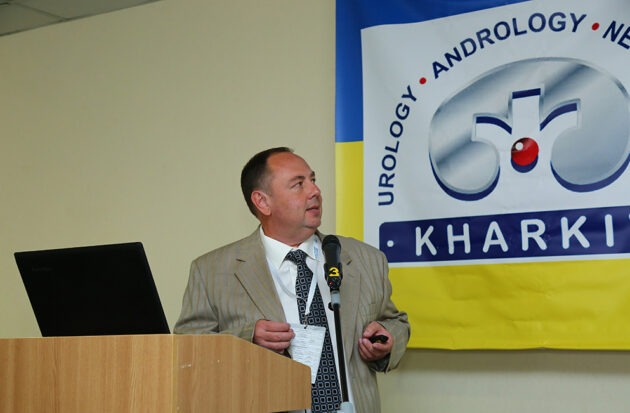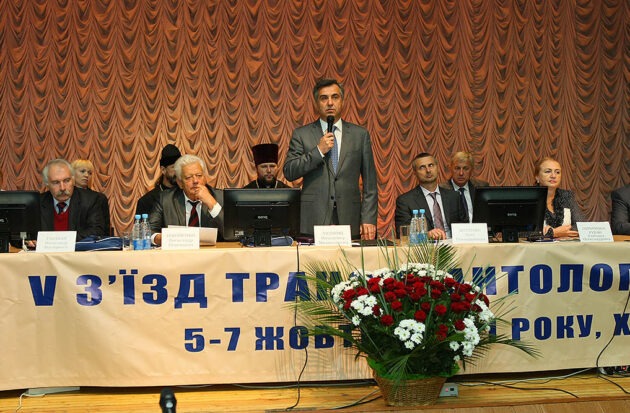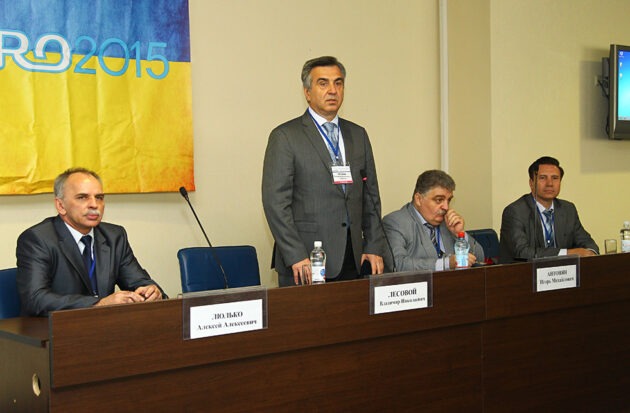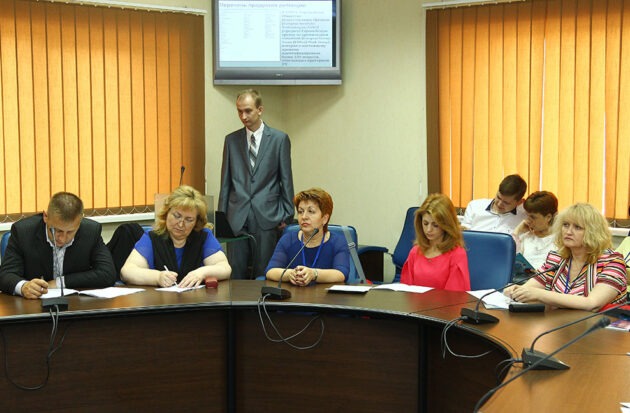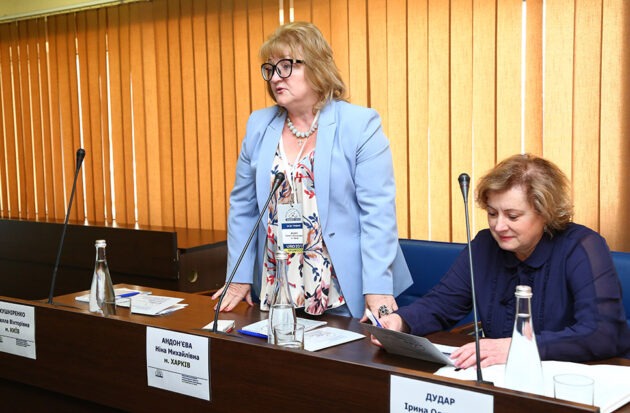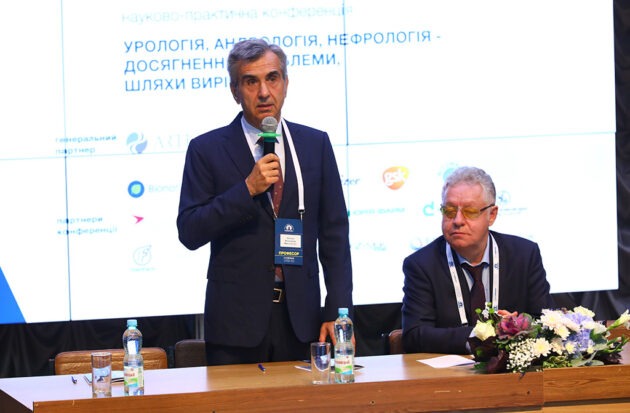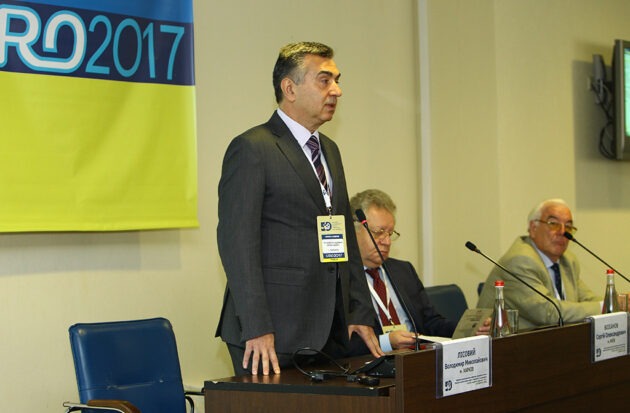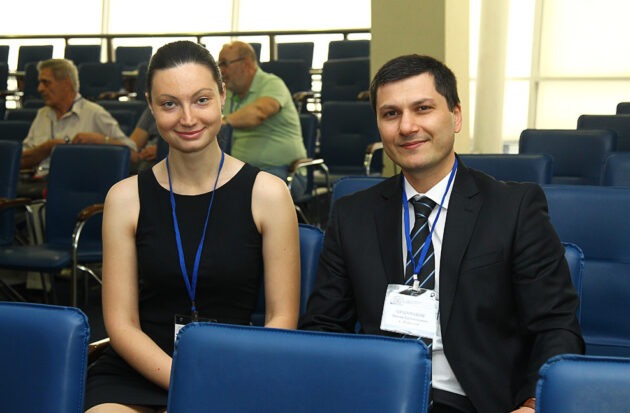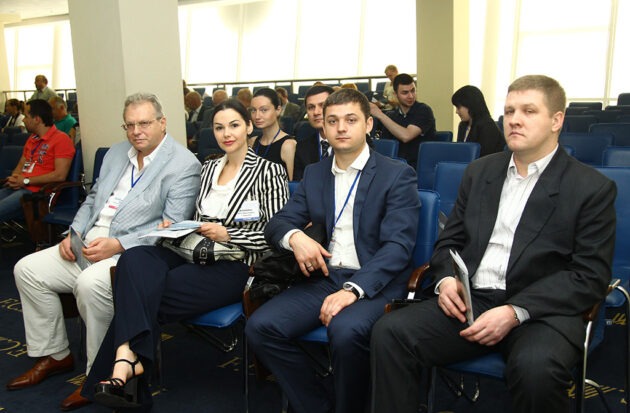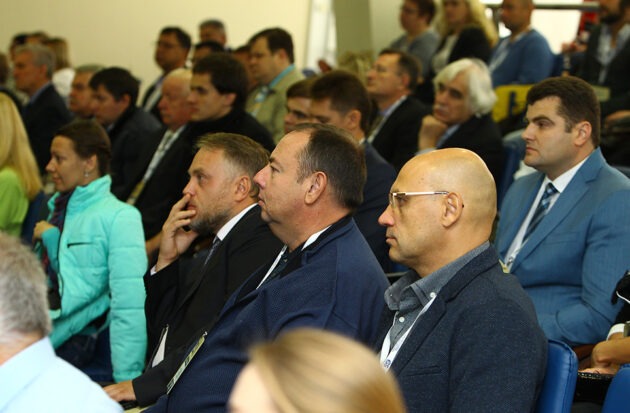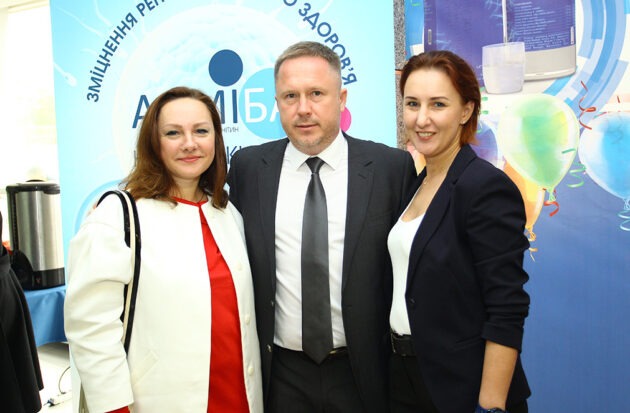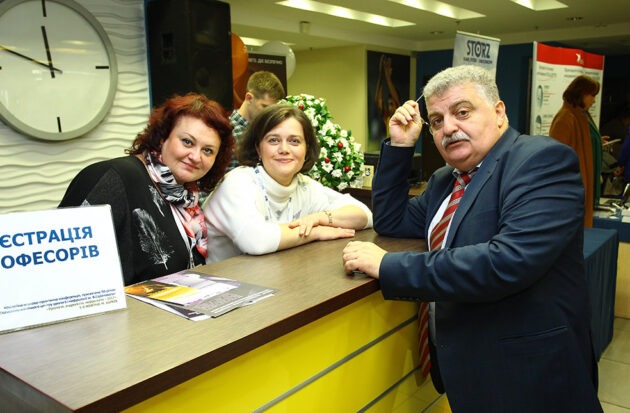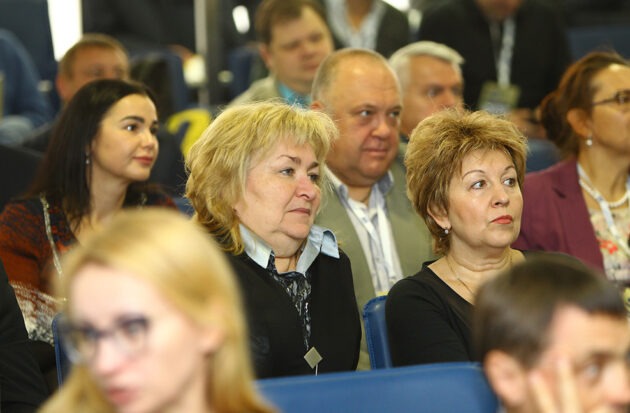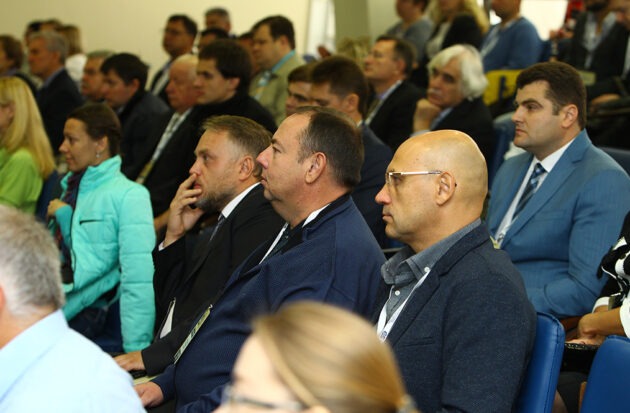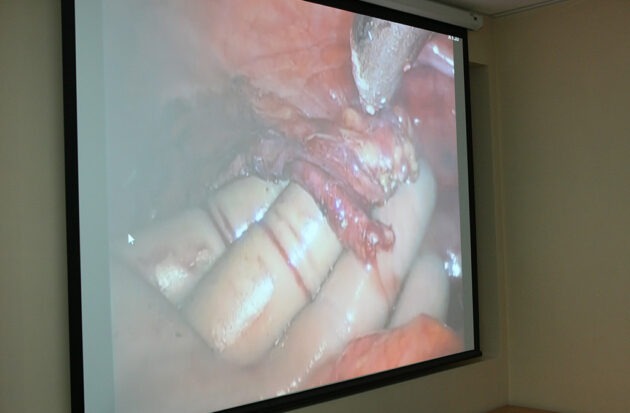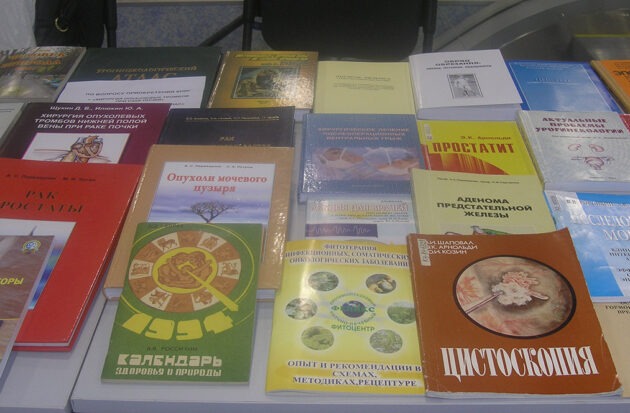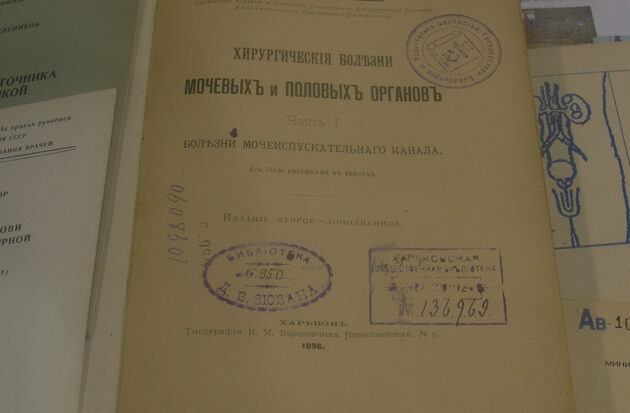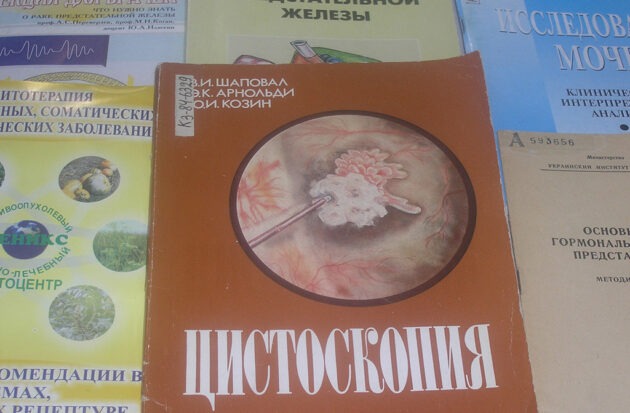The scientific work of the department consists in an integrated approach to solving modern problems of urology, nephrology, andrology and transplantology. Modern aspects of the diagnosis, treatment and prevention of diseases of the urinary and male reproductive system such as urolithiasis, urinary tract infections, neoplasms of the genitourinary tract, chronic kidney disease and acute renal damage, male infertility and erectile dysfunction are being implemented in clinical practice.
Over the past 10 years, scientists of the department have received about 50 patents for new means of diagnosis and treatment of urological diseases. Scientific work is reflected in publications in specialized publications (about 500 over the past 10 years), 16 monographs, and so on.
Employees of the department study and introduce new methods of low-traumatic treatment of urological patients into practical medicine. Laparoscopic retroperitoneal interventions were continued to be introduced into practice: retroperitoneoscopic pelvic segment plastic surgery, laparoscopic nephrectomy, kidney tumor resection with thermal ischemia and zero ischemia, SMART operations, for the first time among the CIS countries, laser micropercutaneous nephrolithotripsy, endopyelotomy and cystoscopy, retroperitoneal nephropexy using prolene mesh and pelvic floor plastic surgery were introduced the segment was introduced for the first time in Ukraine. Research was also continued on the possibilities and introduction of laparoscopic radical nephrectomies, nephrureterectomies, and manual-assisted nephrectomies and nephrureterectomies. Laser laparoscopic resection of kidney tumors without thermal ischemia was introduced.
New methods of ureterocalicoanastomosis were developed, and the treatment of patients with intravenous invasion of kidney cancer was optimized when removing tumor blood clots from the inferior vena cava. A method for predicting bleeding during venacavatrombectomy has been developed. A new modification of kidney autotransplantation has been introduced into clinical practice. The technique of intracorporeal resection of the kidney with perfusion hypothermia was mastered.
The possibilities of diagnosing chronic kidney disease at an early stage are investigated by representatives of other specialties (endocrinologists, cardiologists, internists and general practitioners-family medicine), which are primarily addressed by patients at risk of developing chronic kidney disease. The department’s staff studies risk factors for developing cardiovascular diseases in patients with chronic kidney disease. A modern approach to the correction of protein-energy deficiency in patients on renal replacement therapy is being developed. The possibilities of correcting anemia using erythropoietins in patients with diabetic nephropathy on hemodialysis and peritoneal dialysis are being investigated. Scientific developments are underway on methods for early diagnosis of secondary renal amyloidosis in patients with persistent nephrotic syndrome based on the pathomorphological diagnosis of renal biopsy.
Optimization of diagnosis and treatment of patients with chronic graft dysfunction after family kidney transplantation is carried out. The possibilities of predialysis transplantation in patients with chronic kidney disease are being investigated. Optimization of the diagnosis and treatment of renal vascular abnormalities in patients with persistent arterial hypertension is performed.

